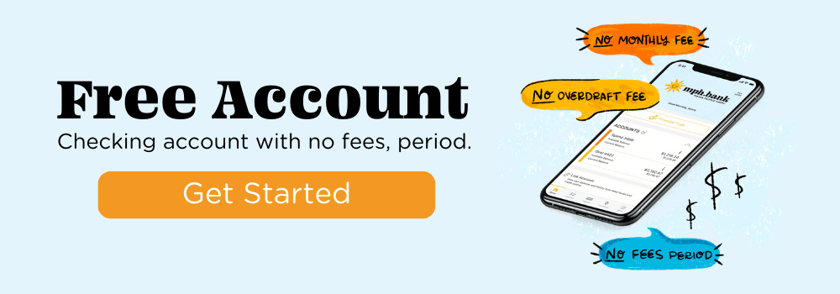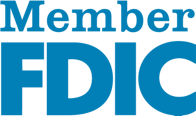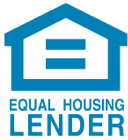Dreaming of owning your own piece of the American Dream? Homeownership is a significant milestone for many, offering financial stability, a sense of accomplishment, and a place to call your own. However, the path to homeownership often involves a significant financial commitment, making saving a crucial step. Let's explore strategies to help you reach your goal of buying your first home.
Related Article: Renting vs. Buying a Home for Millennials & Gen Z
Understanding the Costs of Homeownership
Before diving into your savings journey, it's essential to grasp the full financial picture. Homeownership goes beyond the monthly mortgage payment. Consider these additional costs:
- Down payment: This initial payment typically ranges from 5% to 20% of the home's purchase price.
- Closing costs: These fees cover various expenses associated with the home purchase process, such as title insurance, appraisal fees, and attorney's fees.
- Property taxes: These annual taxes contribute to local services like schools and public safety.
- Homeowners insurance: This policy protects your home and belongings from unexpected events.
- Maintenance and repairs: Regular upkeep is essential to maintain your home's value and prevent costly problems.
Setting Realistic Goals
To effectively save for a home, it's crucial to set clear and achievable goals. Consider these factors:
- Desired location: The cost of living varies significantly between different areas. Research the average home prices in your preferred location.
- Timeline: Determine when you want to purchase a home. This will help you calculate the amount you need to save each month.
- Down payment percentage: Decide how much of the home's purchase price you want to put down. A larger down payment can often result in lower monthly mortgage payments and may qualify you for better interest rates.
Creating a Budget
A well-structured budget is essential for tracking your income and expenses and ensuring you're saving enough for your home. Consider using budgeting tools or apps to help you stay organized.
- Track your income: List all your sources of income, including your salary, investments, and any side hustles.
- Identify your expenses: Categorize your expenses into fixed costs (e.g., rent, utilities) and variable costs (e.g., dining out, entertainment).
- Allocate funds for savings: Prioritize saving for your home by setting aside a specific amount each month.
- Cut back where necessary: If your expenses exceed your income, identify areas where you can reduce spending.
Maximizing Your Savings
To accelerate your savings journey, explore these strategies:
- Emergency fund: Before focusing solely on your home down payment, build an emergency fund to cover unexpected expenses. This will provide financial security and prevent you from dipping into your home savings.
- High-yield savings accounts: These accounts offer higher interest rates than traditional savings accounts, allowing your money to grow faster.
- Retirement accounts: Consider contributing to retirement accounts like a 401(k) or IRA. While these accounts are primarily intended for retirement savings, they can also be a valuable tool for homeownership.
- Side hustles: Explore opportunities to earn extra income through side hustles or part-time jobs. This can significantly boost your savings rate.
- Consider a roommate: If you're single, living with a roommate can help reduce your housing costs and accelerate your savings.
Getting Pre-Approved for a Mortgage
Once you've built up a substantial savings, consider getting pre-approved for a mortgage. This process involves providing lenders with financial information, such as your income, credit score, and assets. Pre-approval can give you a better idea of how much you can afford to borrow and can strengthen your negotiating position when making offers on homes.
Saving for your first home requires discipline, patience, and a well-thought-out plan. By understanding the costs involved, setting realistic goals, creating a budget, and maximizing your savings, you can turn your dream of homeownership into a reality. Remember, every dollar you save brings you closer to your goal, so stay focused and committed to your financial journey.
What do fish use as currency to purchase anything?
Sand Dollars! Sign up to receive important information on banking, financial tips, and jokes like this directly to your inbox










